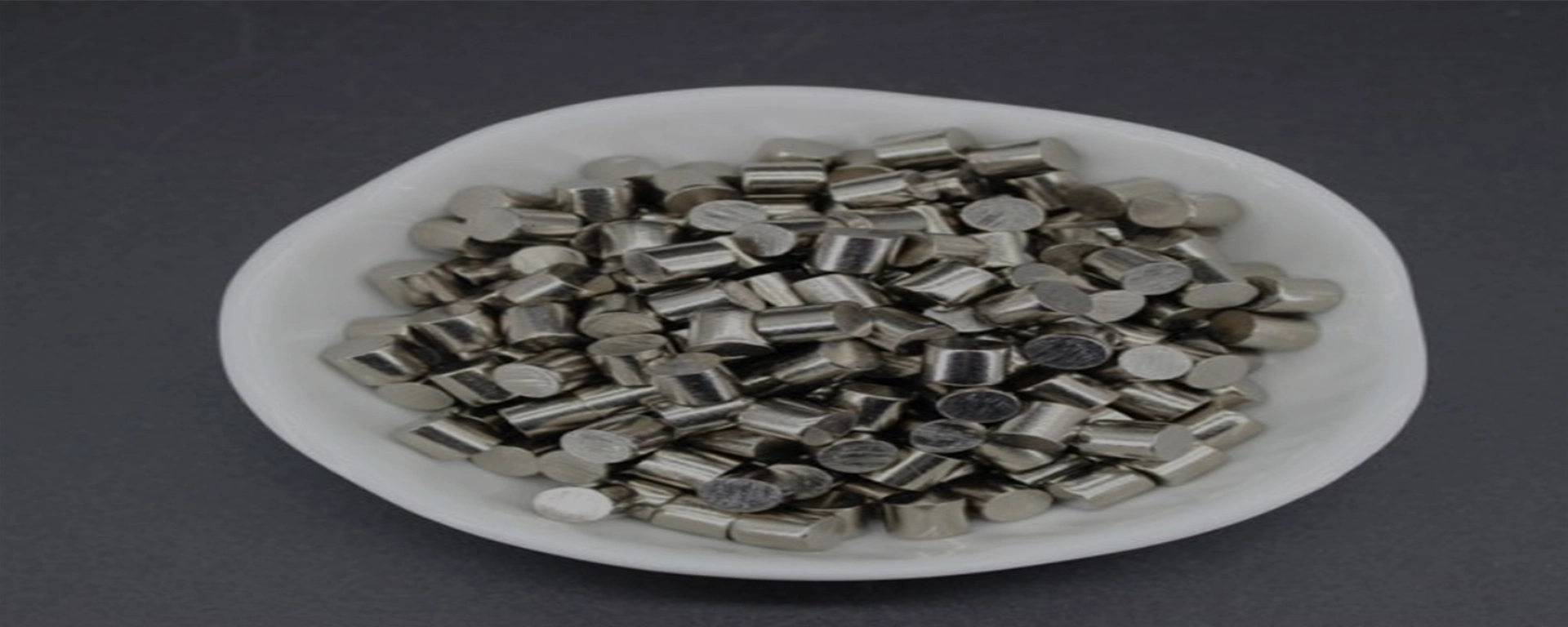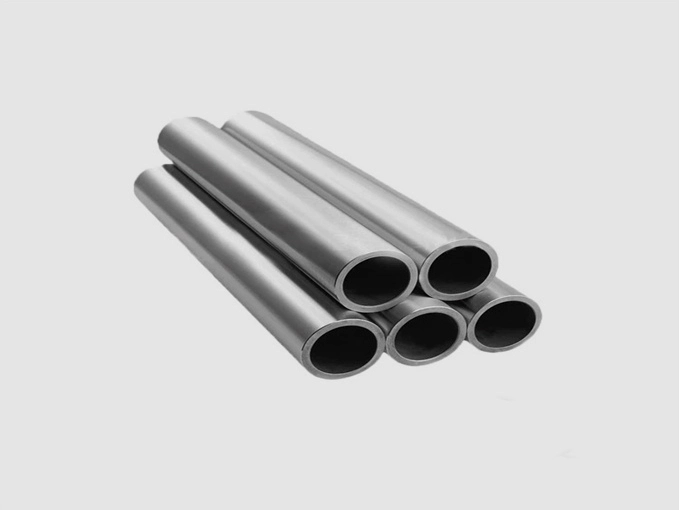SEARCH
The rapid pace of development in the rare metal industry is accompanied by a downward trend in the prices of these unique materials. Emerging alloys with excellent corrosion resistance properties are contributing to the expanded application of rare metals in various sectors. This article delves into the characteristics of four specific metals – titanium, zirconium, nickel, and tantalum – highlighting their applications in the chemical industry. By exploring these applications, we aim to contribute to the advancement of rare metal utilization in chemical processes.

Titanium, a rare metal with exceptional corrosion resistance, has become a cornerstone in the chemical industry's pursuit of durable materials. The unique properties of titanium make it an ideal choice for applications where exposure to corrosive substances is prevalent. From chemical reactors to storage tanks, titanium's ability to withstand harsh environments makes it a reliable and sought-after material for ensuring the longevity of equipment.
In the chemical industry, custom titanium products find applications in various critical areas. Its resistance to corrosion in the presence of acids and alkalis makes it suitable for manufacturing reaction vessels, heat exchangers, and piping systems. The versatility of titanium extends to its use in the production of specialty chemicals, where the material's inert nature ensures the purity of the final products.
Zirconium, another rare metal, plays a vital role in enhancing corrosion resistance in chemical equipment. Known for its robustness in corrosive environments, zirconium is often chosen for applications requiring high-performance materials. The chemical industry benefits from zirconium's ability to resist the corrosive effects of strong acids, making it an ideal choice for equipment involved in acid processing.

In chemical processing, zirconium finds its application in the construction of components such as pumps, valves, and heat exchangers. Its corrosion-resistant properties make it a preferred material for handling corrosive substances, ensuring the reliability and durability of critical equipment. The versatility of zirconium products positions them as an essential asset in the chemical industry's quest for robust and long-lasting materials.
Nickel, with its unique properties, adds a valuable dimension to the array of rare metals used in the chemical industry. Its corrosion resistance, coupled with excellent heat resistance, makes it a suitable material for applications requiring durability under extreme conditions. Nickel products are commonly employed in the production of catalysts, reactors, and other equipment where resistance to corrosion is paramount.
Tantalum, a rare and highly corrosion-resistant metal, finds niche applications in the chemical industry. Its ability to resist corrosion from highly aggressive chemicals makes it valuable in manufacturing equipment for handling corrosive substances. Tantalum products like tantalum capacitors, in particular, are widely used in electronics and chemical processes where durability and stability are crucial.
In conclusion, the application of rare metal materials in the chemical industry is expanding, driven by the remarkable corrosion resistance exhibited by metals such as titanium, zirconium, nickel, and tantalum. These metals play pivotal roles in ensuring the integrity and longevity of equipment in corrosive environments, contributing to the advancement of chemical processes. As the rare metal industry continues to evolve, the chemical sector can look forward to even more innovative applications, ultimately enhancing efficiency and sustainability in various processes.